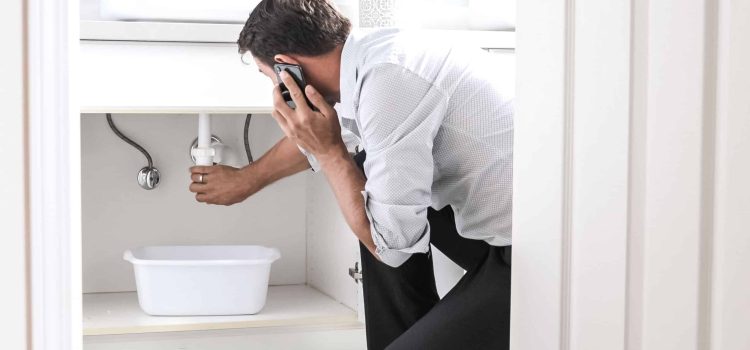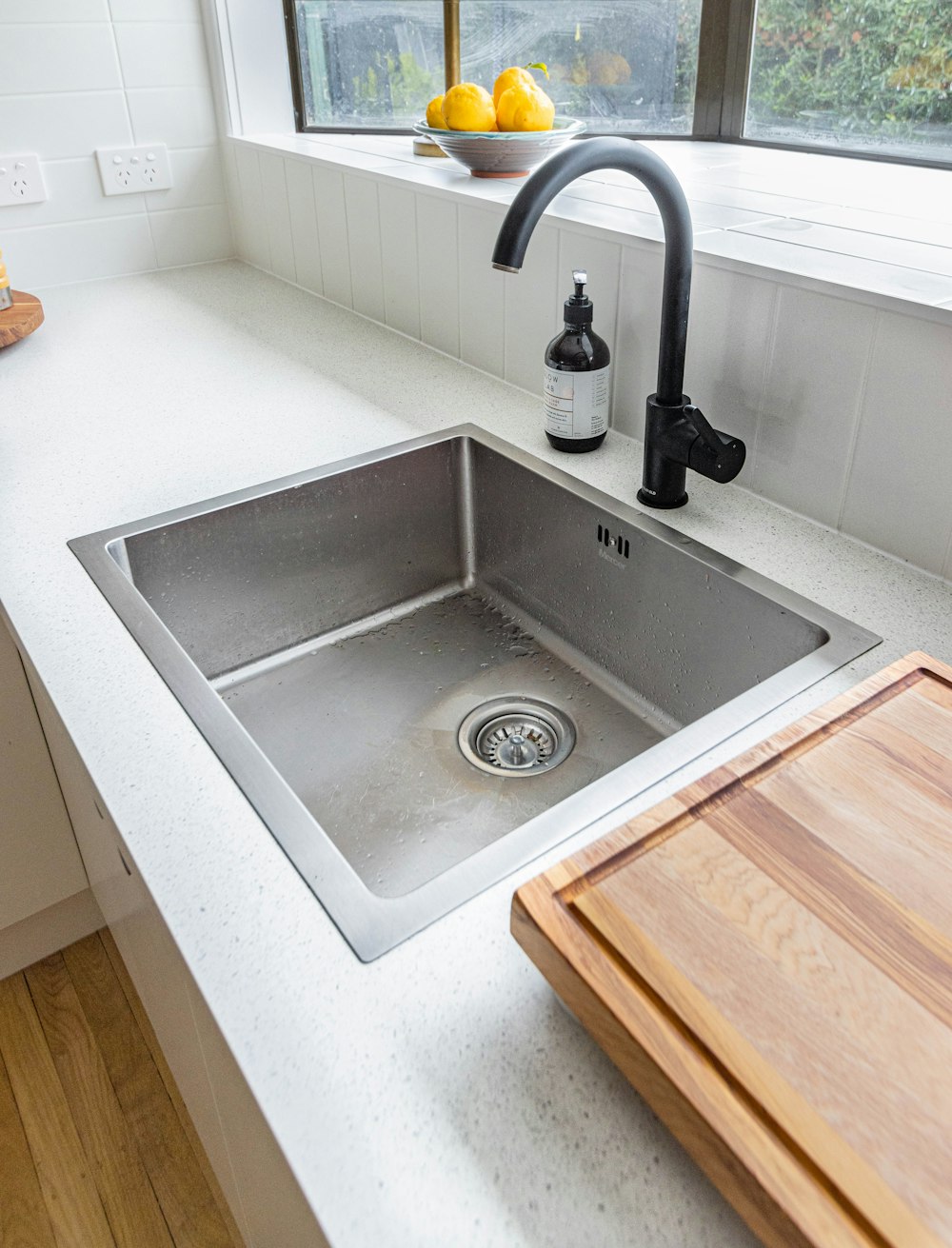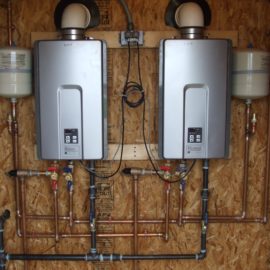
A clogged kitchen drain can be a frustrating and messy experience. It can cause water to back up and create unpleasant odours. It can also be a health hazard, as standing water can attract insects and bacteria. If you’re dealing with a clogged kitchen drain, it’s important to address the issue promptly to prevent further damage to your plumbing system. In this blog post, we’ll discuss five things you need to know to effectively declog your kitchen drain.
1. Consider Your Drain’s Habits
Before you begin to declog your kitchen drain, it’s important to consider your drain’s habits. Does it frequently get clogged? If so, this could be a sign of an underlying issue, such as grease buildup or tree roots infiltrating your pipes. In this case, it’s best to call in a professional to assess your plumbing system and make any necessary repairs.
2. Choosing the Right Method
Once you’ve assessed your drain’s habits, it’s important to choose the right method for declogging it. The first thing you should try when dealing with a clogged kitchen drain is using a plunger. Place the plunger over the drain and push down and up several times. This creates a vacuum that can dislodge any clogs in the drain. Make sure to use a plunger that is specifically designed for sinks, as it will have a smaller cup that can fit over the drain.
If the plunger doesn’t work, try using a combination of baking soda and vinegar. Pour a cup of baking soda down the drain, followed by a cup of vinegar. Let the mixture sit for 10-15 minutes, then flush it down with hot water. This combination can help break down clogs and remove buildup in the drain.
If the plunger and baking soda and vinegar method don’t work, it’s time to bring out the big guns. A drain snake is a long, flexible cable that can be inserted into the drain to break up and remove clogs. To use a drain snake, insert the cable into the drain and turn the handle to move it forward. Keep turning the handle until you feel resistance, then turn it in the opposite direction to remove the clog.
3. Avoid Chemical Drain Cleaners
While it may be tempting to reach for a chemical drain cleaner, these products can be harmful to your plumbing and the environment. Chemical drain cleaners contain harsh chemicals that can erode your pipes over time and cause more harm than good. Instead, opt for natural methods like baking soda and vinegar or a drain snake.
4. When to Call a Professional
If none of these methods work, it may be time to call in a professional. A plumber has the expertise and tools to effectively remove clogs and ensure that your plumbing is functioning properly. They can also inspect your plumbing system for any underlying issues that may be causing frequent clogs.
Final thoughts
A clogged kitchen drain can be a frustrating experience, but there are several methods you can try to effectively declog it. Consider your drain’s habits and choose the right method for declogging it. Avoid using chemical drain cleaners, as they can be harmful to your plumbing and the environment.
If all else fails, call in a professional to ensure that your plumbing system is functioning properly. With these tips in mind, you’ll be able to declog your kitchen drain and prevent future clogs effectively. If you have any worries, don’t do it yourself and call a professional instead. Sound off in the comments section below and tell us what you want to read next and if you want to read more about declogging a drain.






